
Booth rode as rapidly as he could to the Navy Yard Bridge. He crossed the bridge without incident, although there were Union soldiers at both ends of the bridge. Their presence was no longer necessary, now that the war was over, but there had not yet been a change in their assignment. They were no longer compelled to check passes, a fact which aided Booth in his escape.
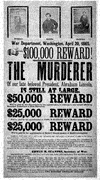
Booth met Herold and the two rode to the Surratt house. Arriving shortly after midnight, they stayed only long enough to pick up some supplies and weapons. The two left shortly after they arrived, riding southward. Booth was in great pain and consoled himself with the expectation of being treated as a hero.
By 4:00 a.m., when the pain became too much to allow him to continue, he and Herold stopped at the home of Dr. Samuel Mudd. Mudd set Booth's fracture and allowed him to rest. The two remained at Dr. Mudd's until early afternoon. Traveling through the swamps to avoid detection, their destination was the home of a Southern sympathizer, Samuel Cox. Cox fed them and gave them a place to rest, and on April 20, five days after the assassination, they rode to the Maryland home of Peregrin Davis.
The next night they left Davis's home and rode to the home of Mrs. Elizabeth Quesenberry, a known Confederate spy. Over the next few days they worked their ways to the home of Dr. Richard Stuart, who refused to allow them to stay. The pair then found the cabin of free black William Lucas. Forcing Lucas and his wife out of their home, Booth and Herold stayed the night.
The morning of April 24 the two fugitives left the Lucas cabin and rode by wagon to the ferry at Port Conway, Virginia. Crossing the river they met three Confederate soldiers, and soon Herold was bragging to them that he and Booth had killed Lincoln. Although the soldiers presented sympathetic ears, it would prove to be the assassins' undoing.
One of the soldiers, Pvt. William Jett, took Booth and Herold to a farm owned by Richard Garrett, where Booth took shelter to ease the aching in his leg. Herold and Jett left, meeting the other two soldiers at a local tavern, with Herold not returning to the Garrett farm, near the site of today's Fort A. P. Hill Military Reservation, until the next morning.
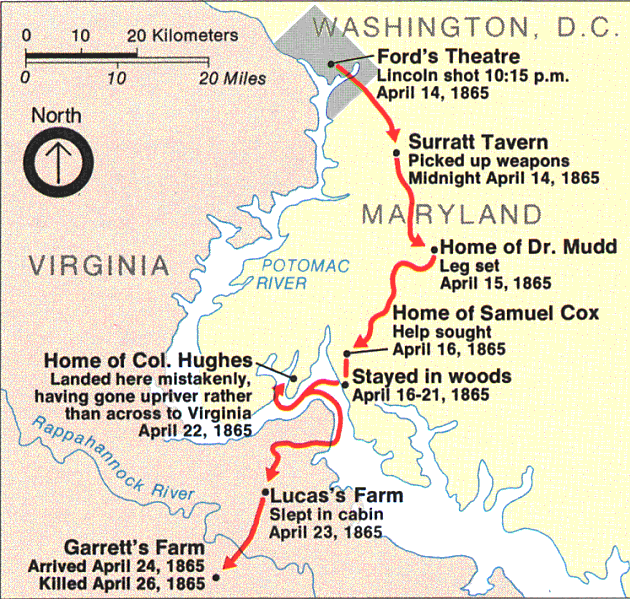
Meanwhile, Lt. Edward Doherty was leading a detachment of the 16th New York Cavalry in pursuit of Booth. The detachment had served as an escort at Lincoln's funeral, after which they had been given orders to find and apprehend Booth. They rode through the Virginia countryside, checking every house, farm and outbuilding in hopes of rousting the President's murderer.
On the morning of April 25 the detachment came across some fishermen. Showing them a photo of Booth, the fishermen said that they had seen someone resembling the photo just a few days before. He had been in a carriage with some Confederate soldiers.
Knowing they were on the right trail, Doherty led his men toward Port Conway, where they took the same ferry across the river that Booth had used. The owner of the ferry said that he had taken a carriage across a few days earlier, and Jett seemed to be in charge. The ferry owner knew Jett and said they may be able to find him at Bowling Green, where he had a lady friend.
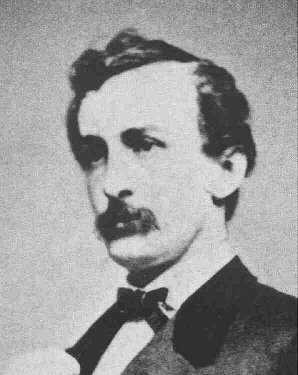
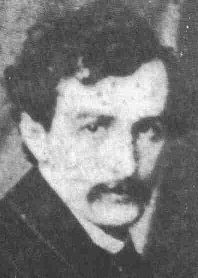
The ferryman offered to guide the troops to where he thought Jett might be. Arriving at Bowling Green shortly before midnight, they soldiers surrounded the hotel where Jett was believed to be. Entering, they captured Jett, who initially refused to cooperate.
After a short interrogation, Jett finally admitted that he had taken two men to the Garrett Farm. He said he thought they were some Confederate soldiers who had gotten into some kind of trouble, and he agreed to hide them until it was safe for them to go home. Jett led the contingent to the farm, arriving shortly before midnight.
Despite the late hour Doherty knocked at the farmhouse door, with his men taking positions surrounding the house. Garrett came to the door and claimed to know nothing about the men that Doherty inquired about. When one of the soldiers inferred that he was going to hang Garrett if he refused to tell where Booth was hidden, another young man, probably a relative of Garrett's, told Doherty that the two fugitives were in the tobacco barn.
Booth at the Garrett barn 
Doherty had his men surround the barn, then ordered Booth to come out. Booth refused at first, but then offered to come out and shoot it out with the soldiers if they would withdraw 30 rods (approximately 500 feet). Doherty refused, and Booth remained inside.
Outside the barn the soldiers could hear Booth and Herold talking, at one point hearing Booth accuse Herold of being a coward if he surrendered. Finally Herold indicated that he was willing to come out. Doing so, he was grabbed by the soldiers and tied to a tree, where he admitted that his companion was Booth.
After Booth refused several orders to come out, the barn was set afire. As the flames grew larger the soldiers could see Booth through the cracks of the barn's siding, moving about.
Suddenly, a shot rang out and Booth fell. Several soldiers rushed in and found Booth, still alive. They dragged him outside and carried him to the farmhouse porch, where examination revealed that he had been shot through the neck. Paralyzed from the neck down, he lived for about three hours. Weakly, he said, "Tell my mother I did it for my country." Then, looking at his hands, he muttered his last words: "Useless, useless."
Herold and Booth's body were taken to the river and placed on a steam vessel, the John S. Ide, for transport back to Washington.
The fatal shot was believed to have been fired by Sgt. Boston Corbett, although it has never been proven. Corbett said he shot Booth to prevent him from killing more people. He was placed under arrest, but all charges were dropped by Secretary of War Stanton, who called Corbett a patriot.
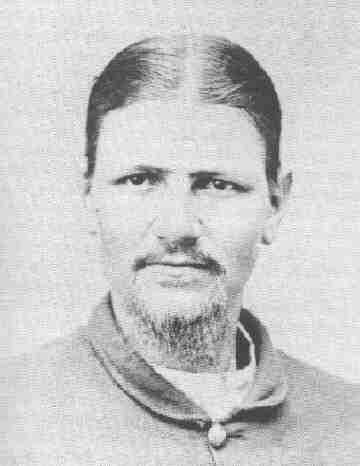
Corbett became a doorkeeper in the Kansas state capitol, where he pulled a revolver one day and had to be restrained. He would be declared insane and placed in an institution, from which he later escaped and was never heard from again.
